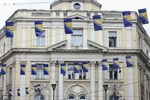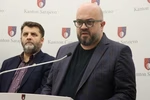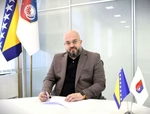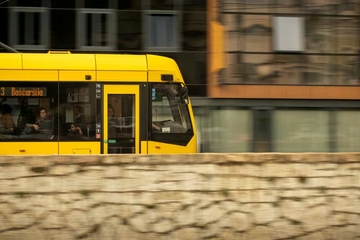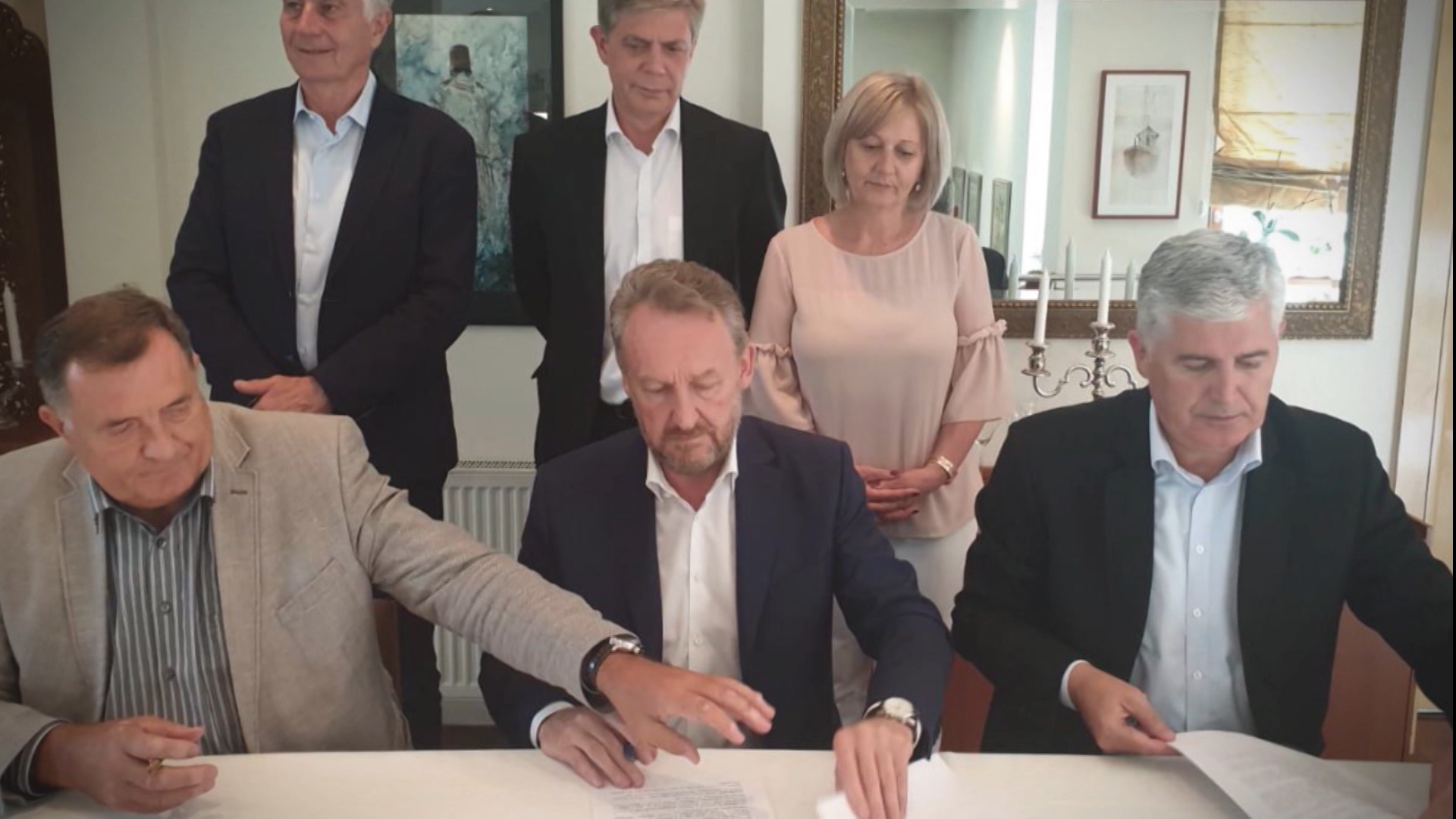
The agreed deadline for the formation of the government has expired on Thursday, yet no progress was made because the leaders never agreed on what the document they signed a month ago said about the central issue they keep arguing about - the path toward NATO membership.
In a Thursday statement to N1, the spokesperson of the Alliance of Independent Social Democrats (SNSD) whose leader Milorad Dodik was one of the signatories of the August 5 Agreement, accused the main Bosniak party in the country, the Party for Democratic Action (SDA), for the failure to implement it.
“We reached an agreement which was part of a compromise and consensus. Bosnia and Herzegovina can only survive based on a compromise and consensus. That agreement was equally good for everyone and equally bad for everyone,” Kovacevic said.
He said that, however, “the Bosniak side, most of all Bakir Izetbegovic and the SDA who signed the agreement with us have later, encouraged by foreigners, begun working on its collapse. A month after we signed the agreement, we haven’t taken a step forward,” he told N1.
Bosnia has not formed a government - officially called the Council of Ministers - since the October 2018 election because the Bosniak and Croat members of the tripartite Presidency refuse to vote for the new prime minister.
The new head of government is supposed to come from the SNSD, but the party opposes the country’s path toward NATO membership and announced it would not allow the next step in this direction to be made.
The next step would be sending the Annual National Programme (ANP) to the alliance and the Bosniak and Croat Presidency members insist on it.
Bosnian Serb leadership previously agreed to Bosnia’s NATO membership and signed off on the country fulfilling its obligations, including sending the ANP to Brussels. Now, the same party vehemently opposes any activities that may bring the country closer to NATO.
The leaders of the three parties which won the election signed an Agreement containing principles for forming the government in an effort to overcome the stalemate, but the main issue, whether Bosnia will send the ANP, was never clarified.
For the past month, Izetbegovic and Dodik gave completely different interpretations on what it says about the ANP in statements to media.
Izetbegovic told N1 on Tuesday that he hopes that “certain politicians” will realise that sending the ANP does not immediately mean NATO membership and added that Bosnia will not become a member of the alliance “until we are all ready.”
“But we need to respect the Constitution, the law, and we need to continue on that path,” he said.
Kovacevic, however, told N1 that the Bosniak side of not respecting the will of the Serbs and not standing behind what they signed.
“We still stand behind what we signed. Others don’t stand behind what they signed with us. We stand behind the consensus that we want to go toward EU membership and that we will cooperate with NATO,” he said, but added that the Bosnian Serb side will “not make any steps toward NATO membership.”
“Cooperation with NATO - yes, but any new step toward NATO membership - no. The ANP is a step toward NATO membership, we will not agree to it, that is very clear,” Kovacevic said.
He called a Resolution on Military Neutrality the RS adopted in 2017, which says the entity will not join any military alliances, “sacred” and said that the RS National Assembly will “take new steps as a response.”
“We will because of that, because of the blocking of Bosnia and Herzegovina by one of the peoples who completely ignore the other two peoples, adopt conclusions and agree on how to react on what is happening in Bosnia and Herzegovina in the RS National Assembly,” he said.
Kakvo je tvoje mišljenje o ovome?
Učestvuj u diskusiji ili pročitaj komentare





 Srbija
Srbija
 Hrvatska
Hrvatska
 Slovenija
Slovenija








